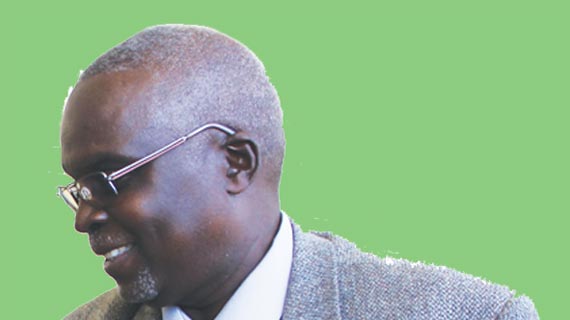
RECENT revelations about corruption at the ZBC are in the main just the tip of an iceberg about how business is now conducted in both the public and the private sectors in Zimbabwe. Sadly ZBC is not on its own in this crisis.
The SABC for example which is the South African public broadcaster is currently mired in similar controversy or worse, where the chief operations officer raised his own salary from R1,5 to 2,5 million rand a month.
nA former chief executive has also been charged with corruption by the public Protector Thuli Madonsela who has also directed that SABC issue a public apology to three staff members who were abused by the former chief executive and the SABC Board.
These things happen, because when people are in the limelight or in the media they begin to perceive themselves as very powerful and indispensable.
In Zimbabwe similar misdemeanors have occurred. That the current Information and Broadcasting Services minister Jonathan Moyo and his deputy Supa Mandiwandzira acted decisively after discovering the rot is commendable.
But the rot is cancerous and widespread. It is also of concern that some people appear more than once in this rot, and are in senior government positions. In a normal society, we could call for their immediate resignations.
Dennis Magaya’s announcement as a member of the board and his name withdrawn 24 hours later, is a serious indictment on the minister. That just should not happen. It is a reflection of a poor board selection system. Broadcasting nowadays is dynamic, complex and even revolutionary in some instances.
- Chamisa under fire over US$120K donation
- Mavhunga puts DeMbare into Chibuku quarterfinals
- Pension funds bet on Cabora Bassa oilfields
- Councils defy govt fire tender directive
Keep Reading
The people broadcasters serve are also dynamic and complex. Their media consumption in some cases is revolutionary. This dynamism should in the first place be reflected in the quality of board members selected. The ministers themselves may not know all the people required or their backgrounds.
This does not apply only to the ZBC board but by the nature of the broadcasting industry, heightened expectations of those who serve in the media are in order. The expectations of board members by the public is not any different from those of media operatives and journalists who serve under them and even greater.
What system may help alleviate the situation? In the first instance, the minister should make it well known that he is looking for board members. He should use a variety of methods to get the best nominations by himself or members of the public. These names should then be shortlisted and announced publicly.
Public interviews should then be held to select the best candidates. This does not always work but at least it makes board members accountable to the public and not the minister. Part of the problem is making board members accountable only to the minister.
The relevant Parliamentary Portfolio Committee should play its watchdog role quickly rather than just react to events. As it is, an opportunity has been lost to change things at the ZBC. The current board may have an uphill task and is bound to fail unless they conduct their business transparently.
Bhekimpilo Sibanda is a professor of Journalism and Media Studies at NUST.











